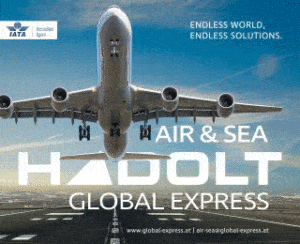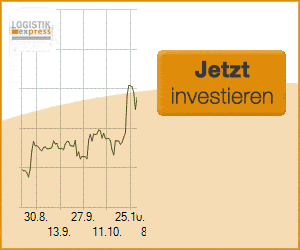Waberer’s is reducing loss-making capacities
2018 was a challenging year for Waberer’s. On one side, the Company faced pressures on key cost elements that deepened throughout the year, and on the other, overcapacity in the second half of the year. The Company was thus faced with lower margins and a rapidly changing competitive landscape in the European full truck load market.
CEO Robert Ziegler comments: “When I arrived at Waberer’s in February 2019, I was glad to see that several short-term measures had already been initiated to overcome some of these challenges. But the Company is in need of a further improvement of the short-term measures with the aim to restore the profitability of the Group as soon as possible and I started setting our plans for the future.”
The most important element of the short-term measures is the reduction of loss-making capacities, which should lead to the increased utilisation of the fleet. “Orders of more than 300 trucks have been stopped and should profitability of the fleet not improve sufficiently, we are prepared to reduce the fleet further,” says Robert Ziegler.
He adds: “We carefully analysed the details of our order and execution portfolio to ensure that we reduce the loss-making parts of the business and not those that create value for the Company. Second, we have also accomplished a thorough review of our direct cost to realise that there is still room for improvement in further optimising our routing to reduce transit and fuel costs in some of the key areas that our international fleet is active in.”
Third, the Group started a wide-ranging reduction in indirect costs that includes cost savings from external contracts but also a significant reduction in the headcount. Although these measures had negative one-time impact on results at the end of 2018, they will contribute to results progressively throughout 2019.
However, these short-term measures are by themselves insufficient to guarantee a sustainable and profitable growth path for Waberer’s. The management has identified a number of structural concerns that prevent it from being a truly competitive player in these changing markets. For one, it needs to be more agile in responding to the clients’ needs and to changes in the European and regional transportation and logistics market.
“Our business mix also relies too heavily on our own fleet and needs to better balance owned and contracted capacity. Last but not least, we want to become easier to do business with and establish ourselves as a reliable partner delivering high quality service,” says Robert Ziegler.









